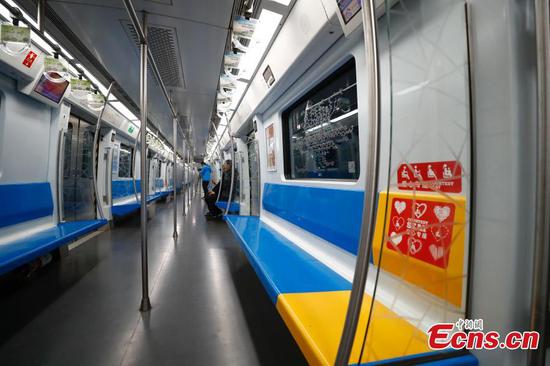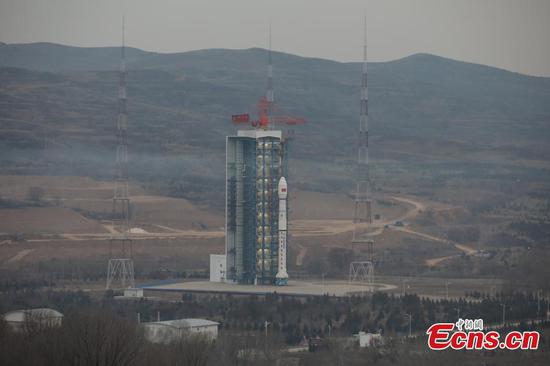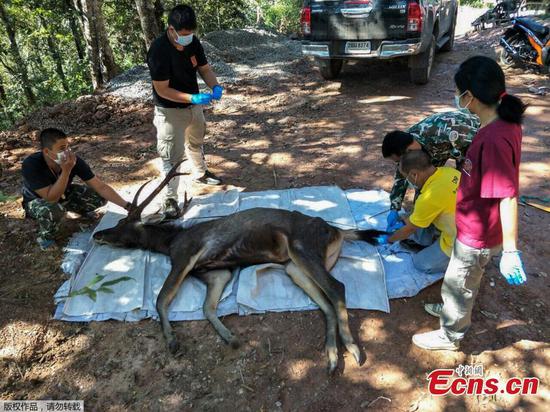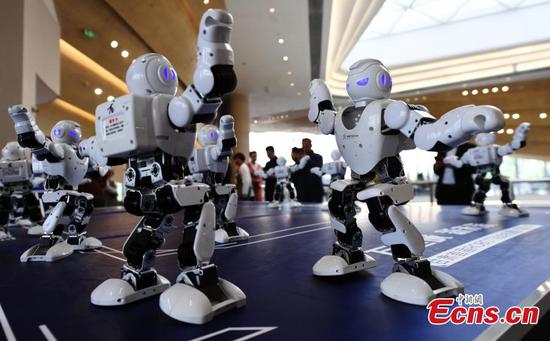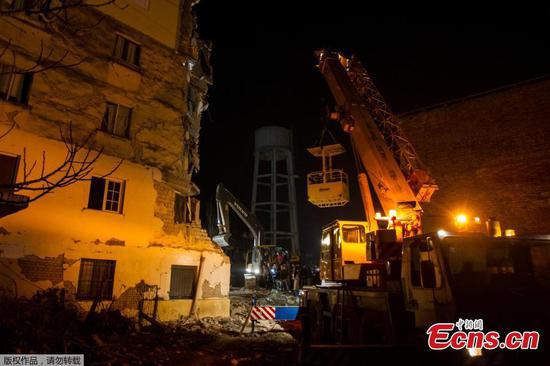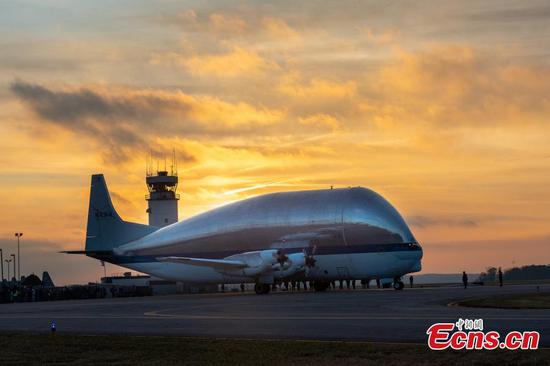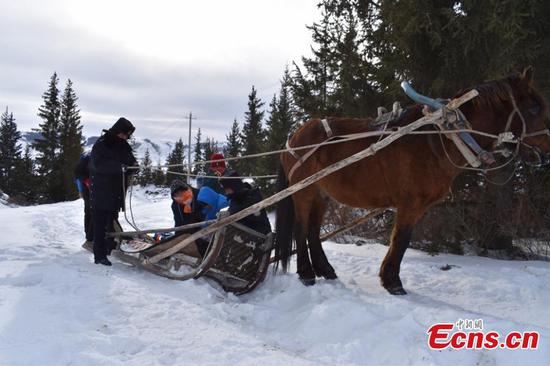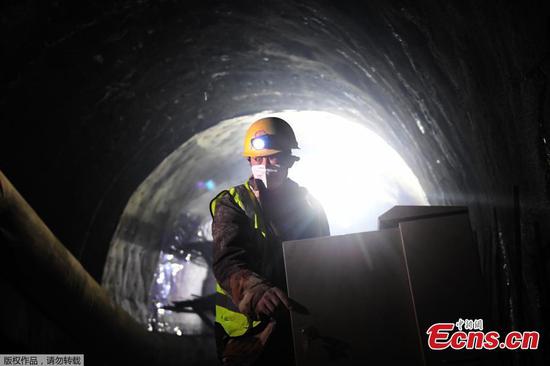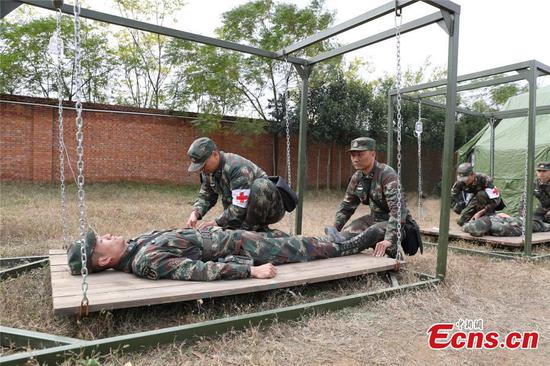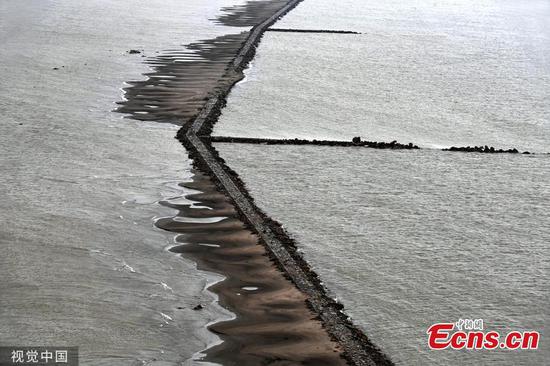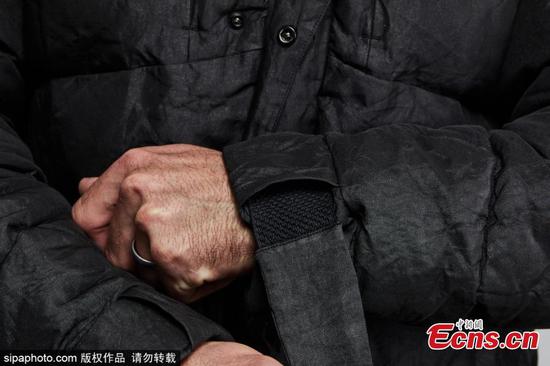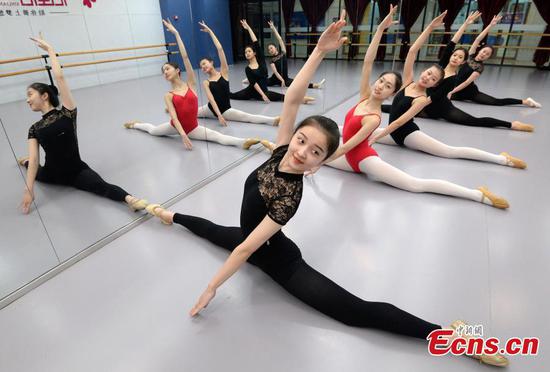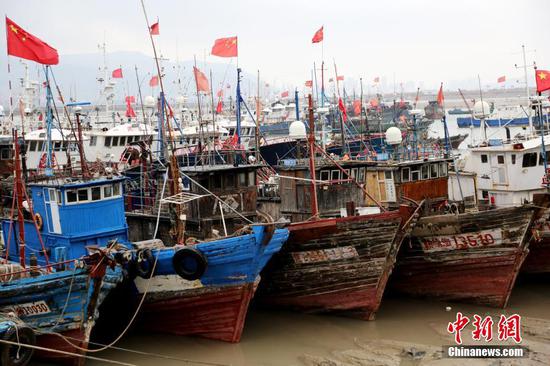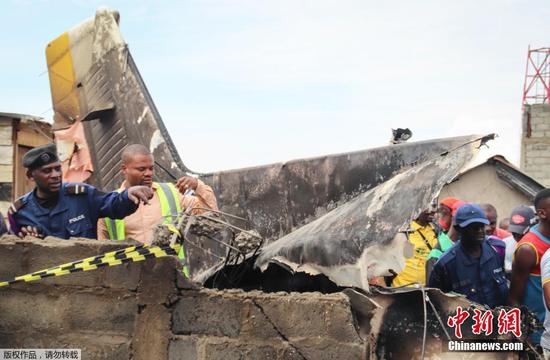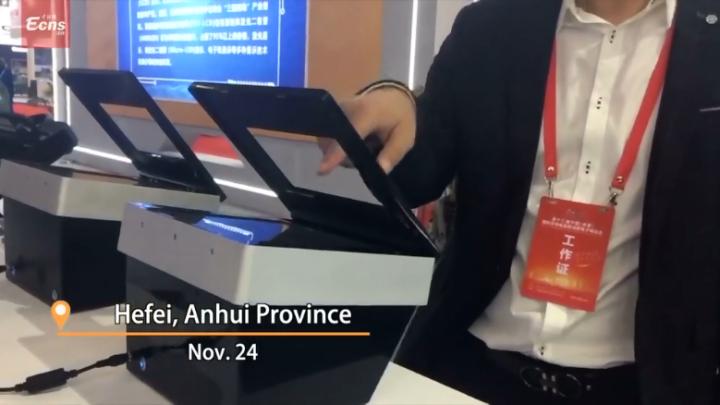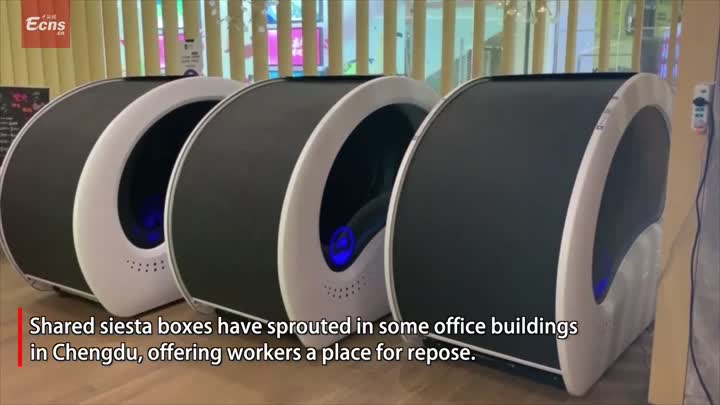Return of jet to commercial service largely delayed
The U.S. Federal Aviation Administration (FAA) plans to individually check hundreds of new Boeing 737 MAX jets before the aircraft are delivered to customers, further delaying the plane's return to commercial service.
Boeing continued to build the plane after it was grounded worldwide last March following two crashes. The manufacturer has stored about 300 new planes in Texas and Washington state. In a letter, the FAA said the large number of planes in storage "presents a number of challenges for airworthiness certification."
Boeing had hoped the MAX would return to service by the end of the year, but the FAA's decision to inspect planes individually apparently makes that goal impossible. American, United and Southwest airlines have removed the planes from their schedules until early March.
Boeing has consistently said it will continue to work with the FAA for a safe return of the aircraft.
The 737 MAX, Boeing's top-selling airplane, has been grounded since March after crashes in Indonesia and Ethiopia killed all 346 passengers and crew on board. Investigators believe the MAX's automated anti-stall device, called Maneuvering Characteristics Augmentation System (MCAS), erroneously pointed the nose of the planes down to avoid a mid-air stall and into a fatal plunge.
China was the first to ground the MAX. The U.S. was the last. Boeing has updated the anti-stall software, but the FAA has not yet approved it.
The FAA has been criticized for delegating approval of key aspects of the MAX to Boeing. But others counter that new technology outstrips the ability of regulators to evaluate it and the FAA therefore must rely, in part, on industry officials.
"The FAA has determined that public interest and safety in air commerce require that the FAA retain authority to issue airworthiness certificates and export certificates of airworthiness for all 737 MAX airplanes," the FAA said in a letter to Boeing.
"The FAA will retain such authority until the agency is confident that, at a minimum, Boeing has fully functional quality control and verification processes in place; delivery processes are similarly functional and stable; and Boeing's 737 MAX compliance, design, and production processes meet all regulatory standards and conditions for delegation and ensure the safety of the public."
It is unclear how foreign regulators will recertify the MAX. Different jurisdictions could approve the plane at different times, leading to a staggered return of the MAX to service. It's also unclear what type of training pilots will be required to complete before the plane returns to the sky. This could create further delay.









